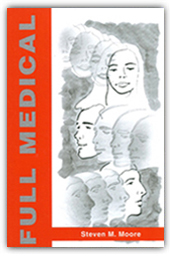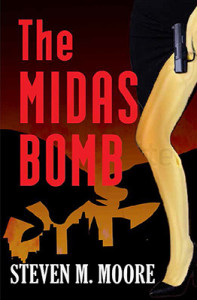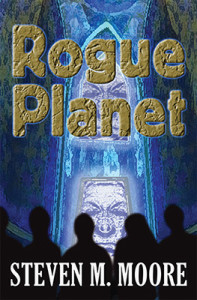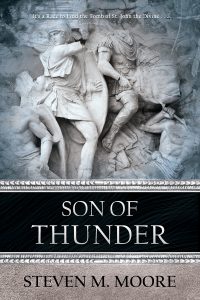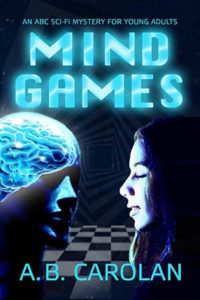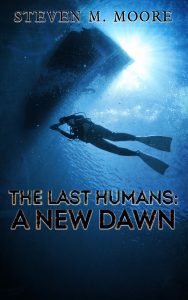Gerrymandering…
March 22nd, 2021What do most congressional districts in the US have in common? They’re either reliably controlled by the Dems or the GOP (aka Good Ole Piranhas) because state legislatures have created them to be that way. This process is called gerrymandering.
To quote Wikipedia (warning: I can’t get rid of the links, but they probably don’t work!): “The word gerrymander (originally written Gerry-mander; a portmanteau of the name “Gerry” and “salamander”) was used for the first time in the Boston Gazette (not to be confused with the original Boston Gazette) on 26 March 1812 in Boston, Massachusetts, United States. The word was created in reaction to a redrawing of Massachusetts state senate election districts under Governor Elbridge Gerry, later Vice President of the United States. Gerry, who personally disapproved of the practice, signed a bill that redistricted Massachusetts for the benefit of the Democratic-Republican Party. [Author’s note: Whoa! That’s really bipartisan!] When mapped, one of the contorted districts in the Boston area was said to resemble a mythological salamander. Appearing with the term, and helping spread and sustain its popularity, was a political cartoon depicting a strange animal with claws, wings and a dragon-like head that supposedly resembled the oddly shaped district.”
In the 21st century, state legislatures have made gerrymandering into an insidious attack on American democracy. Sure, there’s generally a party mix in congressional districts (you generally don’t know if your neighbor is a wild progressive or staunch conservative), but one party becomes so favored that the other party’s candidate has an enormous electoral hill to climb. That’s the idea, of course! (Like the onerous burden of extended daylight savings time, good ole Massachusetts is responsible for this invention!)
An NYC district that includes Staten Island is typical. The island is Archie Bunker country, but there are no laughs forthcoming here when congressional elections are held. A Dem candidate for the House won in 2018 (much to Trump’s chagrin, because that district includes part of Brooklyn); the district reverted back to the GOP in 2020 when a radical MAGA candidate won (seems like Trump was the only big loser from the GOP in that 2020 election!). That campaign was the worst mudslinging (to put it mildly) campaign I’ve seen in my lifetime—another consequence of gerrymandering, excessive polarization and extremely dirty politics. (If the Dem candidate hadn’t lowered himself to his opponent’s level, he would have done a lot worse!)
In my own NJ district, the political mix is a bit fairer, allowing the Dem representative to squeak by in 2018 and 2020. (Who said NJ is reliably Democratic? Gov. Christie, of bridge-gate fame, was a Good Ole Piranha, after all.) The generally progressive population in the part of my district nearer NYC is outnumbered by the part that extends into the conservative middle of the state, so the Dem candidate, a middle-of-the-road ex-USN chopper pilot and Naval Academy grad, didn’t have easy campaigns. And she will be targeted again by the RNC.
The important point here is that both these cases are about gerrymandered districts, ones created to further political agendas. Some, of course, are created to corral certain areas so they don’t interfere with statewide dominance by one party or the other. Gerrymandering, like voter suppression, is anti-democratic. Its worst effect is that it allows state legislatures, often dominated by GOP fascists, to determine the shape of districts, even though statewide, Dems are elected, as occurred in Georgia and Arizona. (Those same state legislatures, tens of them now, are striving to pass laws that guarantee voter suppression, using the big lie that there was widespread voter fraud in the 2020 election, which never occurred, to justify these onerous laws that take away people’s right to vote.)
American democracy can’t survive when elections are rigged by gerrymandering and voter suppression practices and laws. Congressional districts need to reflect natural boundaries—like town and county borders (assuming those are reasonable, which they often aren’t). Redistricting must result in a more favorable mix of voting demographics. Districts should not be drawn or changed by state pols to guarantee their hold on power.
***

Comments are always welcome.
Extreme “evergreen books.” The “Clones & Mutants” series contains my first novel, Full Medical (2006, but it has an ebook second edition), where the reader meets the children cloned from important political and religious figures as part of their medical plans. In #2, Evil Agenda, one clone and one mutant battle the evil Vladimir Kalinin (he appears in two series, including this one, and two bridge books). In #3, No Amber Waves of Grain, the clones and mutant battle against a Korean industrialist out for revenge, with (surprise!) Kalinin helping. This sci-fi thriller series will leave readers wondering if some of the portrayed events set in America’s near future (2054+) might already be occurring! Available wherever quality ebooks are sold.
Around the world and to the stars! In libris libertas!

